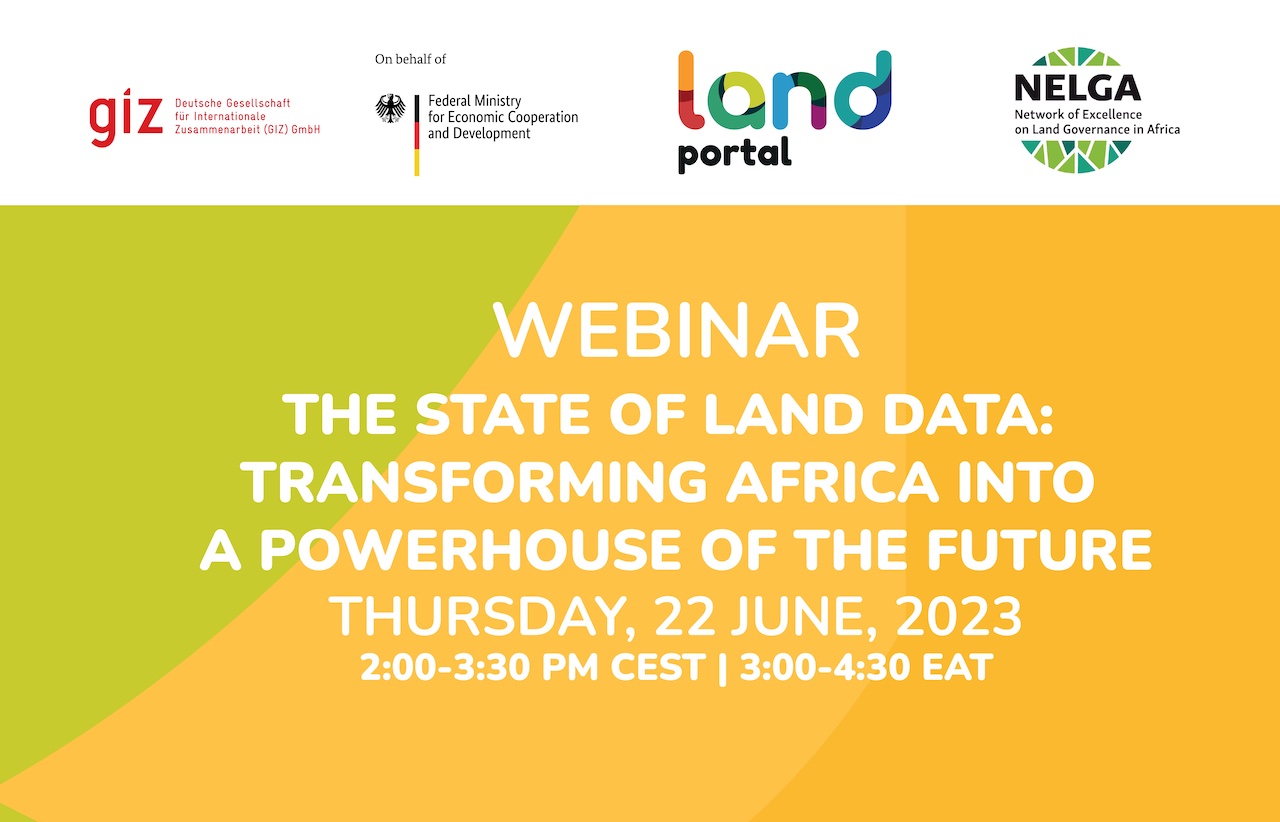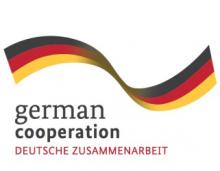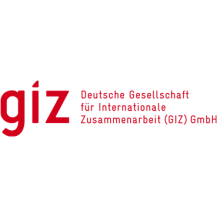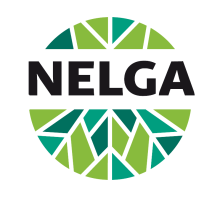Fecha: Jueves, 22 Junio, 2023, 2:00-3:30 PM CEST | 3:00-4:30 EAT
En la gobernanza de la tierra, una buena gestión de los datos es fundamental para garantizar que el uso y la asignación de la tierra sean justos y responsables, y que los derechos de tenencia puedan defenderse y protegerse. Las consecuencias de la falta de una buena gobernanza de los datos incluyen una mayor dificultad para desbloquear el valor de la tierra como activo, la falta de conocimiento de las políticas agrarias y los marcos jurídicos que pueden socavar la seguridad de la tenencia de la tierra, la incapacidad para recaudar impuestos de los propietarios, etc.
La AGENDA 2063 es el proyecto y plan maestro de África para transformarla en la potencia mundial del futuro. Es el marco estratégico del continente para alcanzar su objetivo de desarrollo inclusivo y sostenible. Parte de este marco se centra en la buena gobernanza, la democracia, los derechos humanos y el Estado de Derecho. Unos datos y sistemas de información sobre la tierra eficaces son un componente crítico que contribuirá a la consecución de estos objetivos.
La Red de Excelencia sobre la Gobernanza de la Tierra en África (NELGA por sus siglas en inglés) tiene como objetivo reforzar las capacidades humanas e institucionales para la aplicación de la Agenda de la UA sobre la Tierra. NELGA apoya a los gobiernos africanos, a los responsables políticos y a la sociedad civil ayudándoles a construir conocimientos sólidos y basados en pruebas, así como redes de expertos en gobernanza de la tierra. Uno de sus objetivos es generar datos e información para el seguimiento y la evaluación de las reformas de la política agraria.
La metodología Estado de la Información sobre la Tierra (State of Land Information - SOLI) de la Fundación Land Portal adopta un enfoque integrado para medir, documentar, evaluar y, en última instancia, mejorar el estado de los datos sobre la tierra a nivel nacional y mundial, y para apoyar a las partes interesadas en la consecución de un ecosistema de datos sobre la tierra más abierto en apoyo de la equidad y la inclusión de datos.
El objetivo de este seminario web es capacitar a investigadores y profesionales de toda África para que comprendan mejor los enfoques sostenibles de la gobernanza de los datos sobre la tierra. El seminario destacará la importancia de una buena gobernanza de los datos sobre la tierra para mejorar los derechos de propiedad y permitir unos servicios gubernamentales más eficientes. Los participantes aprenderán cómo una mejor gobernanza de los datos puede ayudar a las personas, las comunidades, las empresas y los organismos gubernamentales a llevar a cabo sus actividades relacionadas con la tierra de forma ética e íntegra. El seminario web presentará ejemplos de la investigación SOLI en países del sur de África llevada a cabo por la Fundación Land Portal en colaboración con investigadores de NELGA.





